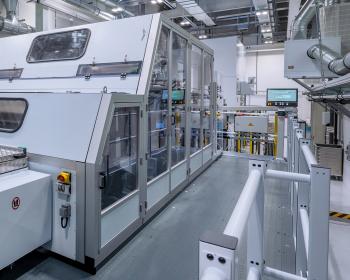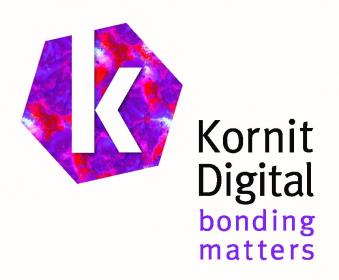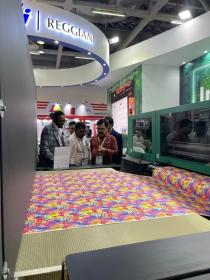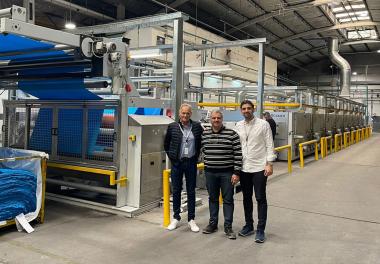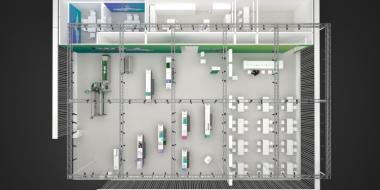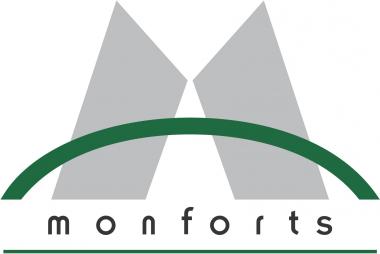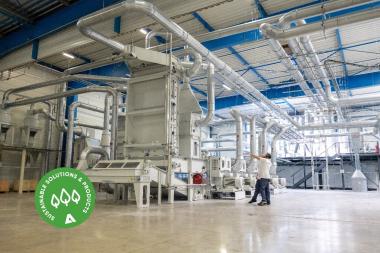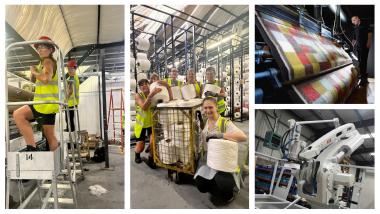Trützschler: Technical nonwovens line for WPT Nonwovens
The American company WPT Nonwovens invests in a new thermobonding line for filter media. Trützschler Nonwovens teamed up with Schott & Meissner to deliver a state-of-the-art, high-capacity line including the T-BLEND fiber preparation system, two TWF-NC roller cards and Schott&Meissner’s high-speed “Speedliner” belt oven.
Air conditioning systems are not only an integral part of many buildings all over the world. They are vital components in cars, trucks, planes and other. Home and Vehicle Air Conditioning (HVAC) systems often rely on thermo- or through-air bonded nonwovens for air filtering.
WPT Nonwovens is a specialist not only for filtration media but also for nonwovens used in the medical, hygiene and industrial sectors. The US-based company started its business in 2008 and quickly became a trusted supplier of spunbonded, needle-punched, wet-laid and carded nonwovens.
To enable further growth, WPT Nonwovens now decided to invest in a new through-air bonding line. The Trützschler machinery has been selected to ensure reliable fiber preparation and web forming processes for various special, technically demanding filtration media.
The start-up of the through-air bonding line is planned for the 3rd quarter 2023.
Trützschler Nonwovens & Man-Made Fibers GmbH


